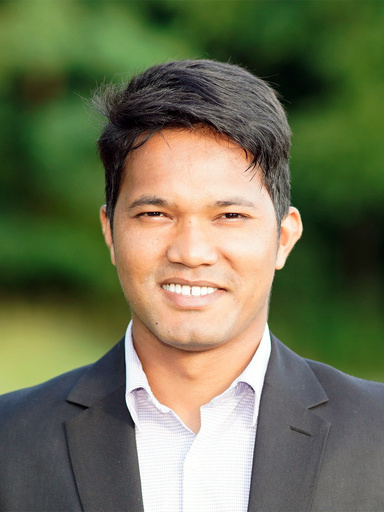
... for a project entitled "Health Disparities and Machine Learning Community Feasibility"
The currently unfolding COVID-19 pandemic has highlighted stark inequities in our healthcare infrastructures which have manifested in terms of differences in disease outcome, surveillance, risks, and vaccine allocation between socioeconomic classes, geographic regions, and among demographic groups. It is now known that even government policies (e.g. lockdown measures and public event cancellations) designed to combat COVID-19 exacerbated existing inequities. Many of these policies were driven by forecasting models. We note that there is a negative feedback loop where training forecasting models on epidemic data collected via poor surveillance mechanism (due to poor healthcare access), exacerbates existing inequities.
Our proposal is motivated by the premise that a more equitable, strategic, and timely surveillance resource allocation policy would substantially lessen the burden of an outbreak while eliminating the bias in the observed incidence and mortality rates. Unbiased data will lead to fair forecasting models, which motivate fair health policies and equity in disease outcome. We propose to develop equitable surveillance algorithms to get an accurate picture of large-scale epidemics. Specifically, we seek to allocate surveillance kits (or tests) over time under budget constraints with the goals of obtaining an accurate picture of the spread while ensuring (i) Regional Equity and (ii) Demographic Fairness.
This one-year project, a collaboration with Sriram Pemmaraju and Phil Polgreen, has been awarded $25,000.
